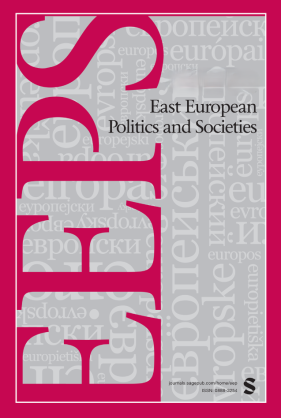Labor, Work and Action in Polish Community Gardens: Interlaced or Disconnected?
Recently, the journal East European Politics, Societies, and Cultures published an article entitled “Labor, Work and Action in Polish Community Gardens: Interlaced or Disconnected?” by Dorota Rancew-Sikora (Institute of Sociology, University of Gdańsk), Joanna Krukowska (Institute of Sociology, University of Gdańsk) and Anna Horolets (IEiAK, University of Warsaw). The article is devoted to community gardens in Poland.
Based on interviews and observations conducted in 12 gardens in several Polish cities, as well as netnography, the article highlights some of the paradoxes of gardens.
Abstract
Widely considered a socio-ecological innovation, the community garden may appear a model for better human-environment relations. This article draws attention to the work needed to grow a garden and applies Hannah Arendt’s framework to demonstrate that labor, work, and action are predominantly disconnected in Polish community gardens. Their separation prevents most community gardens from becoming vehicles of urban sustainability. Yet they have an innovative potential for the sociocultural and political domains. They act as sites of Europeanization in Polish cities that mark the break with the communist past in urban public space. As a new type of public place, they may bring work to public debate on sustainability.
Article details and link to the journal website
Rancew-Sikora D., Krukowska J., Horolets A. 2025. Labor, Work and Action in Polish Community Gardens: Interlaced or Disconnected? East European Politics, Societies and Cultures. Online first: DOI: 10.1177/08883254251332299



